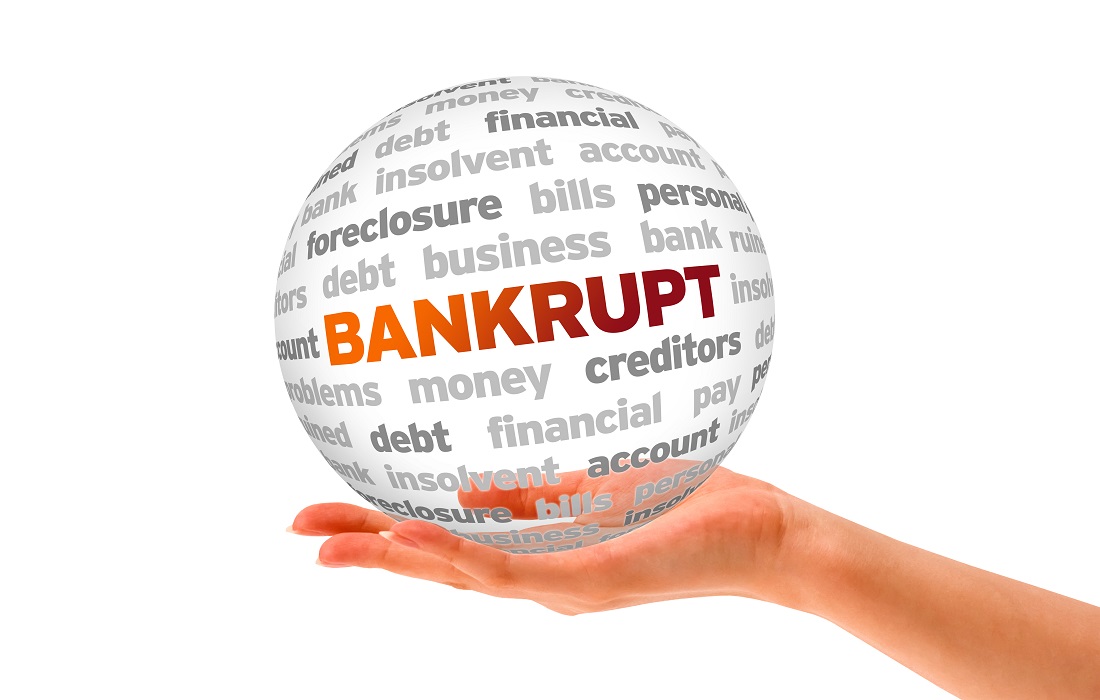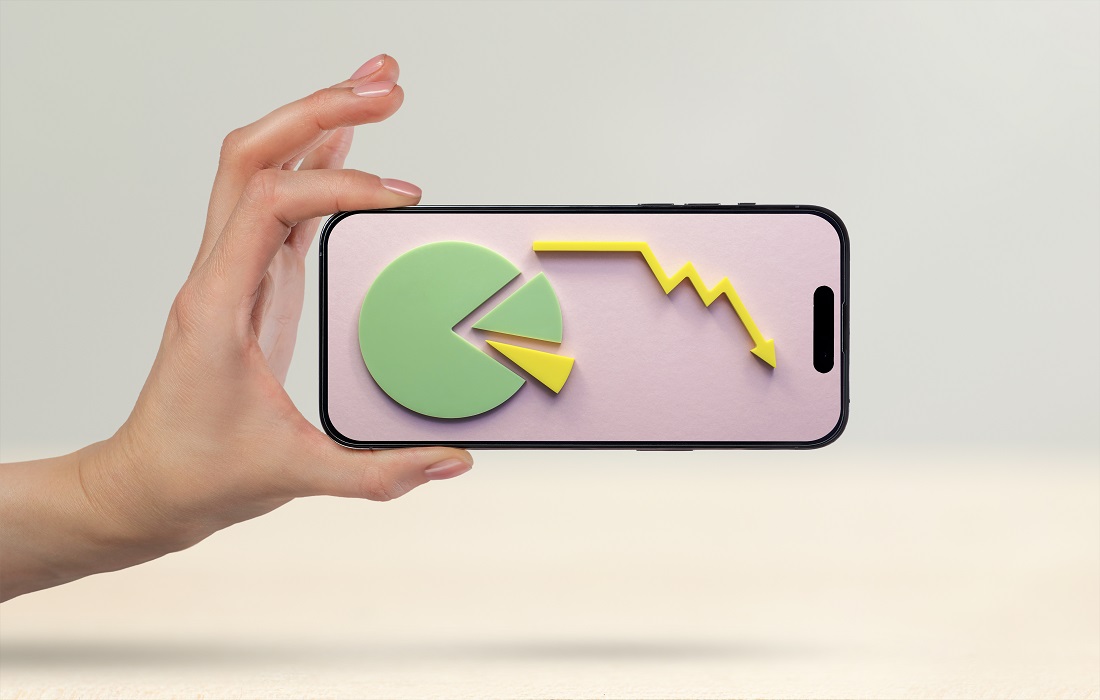Having an insolvent company is a nightmare for many directors, and they may have concerns about ruined reputations and longer-lasting financial implications like going bankrupt.
The following guide will clarify what can happen if you discover your company is insolvent, whether it can result in you going bankrupt, and what you can do to tackle the insolvency and achieve the most desirable result.
When is a limited company insolvent?
A limited company is classed as insolvent when it can’t repay its liabilities as and when they fall due or when the value of its debts outweighs the value of its assets.
If you’re a limited company director, you should know your company’s solvent position. You can ascertain its status by checking the company’s cash flow and balance sheet. You should also check for legal action. Creditors can file Statutory Demands or County Court Judgments (CCJs) against companies that haven’t repaid what they owe. These should be paid within the timeframe specified in the judgment or demand, or they can negatively impact the company’s credit rating and sometimes lead to more severe debt recovery action.

Can a limited company “go bankrupt”?
Insolvent companies are often informally referred to as ‘going bankrupt’ when they close due to lack of funds. This likely stems from the United States of America, where companies that close in such a way are referred to as ‘going bankrupt’. However, in the United Kingdom, bankruptcy only applies to individuals and sole traders. Instead, insolvent companies that need to close will go through liquidation, specifically, Creditors Voluntary Liquidation (CVL). This process helps draw a line under the company’s debts and is generally preferable to the company’s creditors forcing it into compulsory liquidation.
Closing a limited company and your personal liability
If you’re a director of a limited company with debts of such a level that closure would be the most sensible option, you might worry about the longer-lasting consequences, specifically, whether the closure will leave you personally liable for the company’s debts.
Fortunately, if you conducted business through a limited company, in most circumstances, you shouldn’t be held personally liable for the company’s debts. Unlike sole trader businesses, where you and your limited company are the same, limited companies come with limited liability, which separates the company’s finances from the director’s.
While this covers most scenarios, there are instances where the company’s limited liability could be bypassed, potentially making the directors personally liable for some or all the company’s debts:
- If the directors have signed personal guarantees to secure company funding.
- The company is found to have traded whilst insolvent.
- The director has taken money from the company and not repaid it, resulting in an overdrawn director’s loan account.
How should I close an insolvent limited company?
If your company is insolvent, you should take immediate action to avoid worsening the situation.
Depending on the company’s circumstances, closure might not be its only option. If the company has a viable business model, but its debts are hindering its progress, it may be possible to repay a portion of the debts while continuing to trade. You can do this by entering a Company Voluntary Arrangement (CVA). These are formally binding arrangements overseen by a licensed insolvency practitioner. The continuation of trading means possible maintenance of goodwill for the company and allows directors to retain control while repaying what’s affordable.
A CVA may only be suitable in specific circumstances. Talk to a licensed insolvency practitioner who can assess your company’s eligibility.
Occasionally, more substantial action may be required to return the company to a profitable state. In this case, administration may be more appropriate. Administration offers the company protection from creditor pressure, allowing a licensed insolvency practitioner to investigate the company’s finances and outline a restructuring or rescue plan.
If there’s a chance of rescuing the company as a going concern, the process may achieve a better return to the creditors than going straight into liquidation, or there’s an opportunity to realise property and assets and make a distribution to the creditors, then administration may be a viable step forward.
Where a company’s debts are of such a level that recovery isn’t feasible, and it would be better to close than attempt to continue trading, you can put the company into a Creditors Voluntary Liquidation (CVL). A CVL closes the insolvent company in an orderly manner, drawing a line under the debts. Doing so allows you and the other directors to move on or to start afresh.
Voluntarily entering liquidation is preferable to having creditors force the company into compulsory liquidation. They can do this by filing a winding-up petition. This petition is advertised in the local gazette, and the company’s bank will freeze the accounts, forcing trading to cease.

To summarise
While finding out your company is insolvent is seldom a pleasant experience, under normal circumstances, insolvency shouldn’t lead to a director going personally bankrupt. This is because a limited company provides limited liability protection, separating the company’s finances from the director. The exception to this rule would be if you’ve signed personal guarantees to secure funding for the company, the company has traded whilst insolvent, or there is an overdrawn director’s loan account.
If you find out your company is insolvent, you should take immediate action to tackle the problem. Depending on your circumstances, this may involve repaying in tailored, affordable instalments, restructuring the company to return it to profitability, or closing it in an orderly manner.

